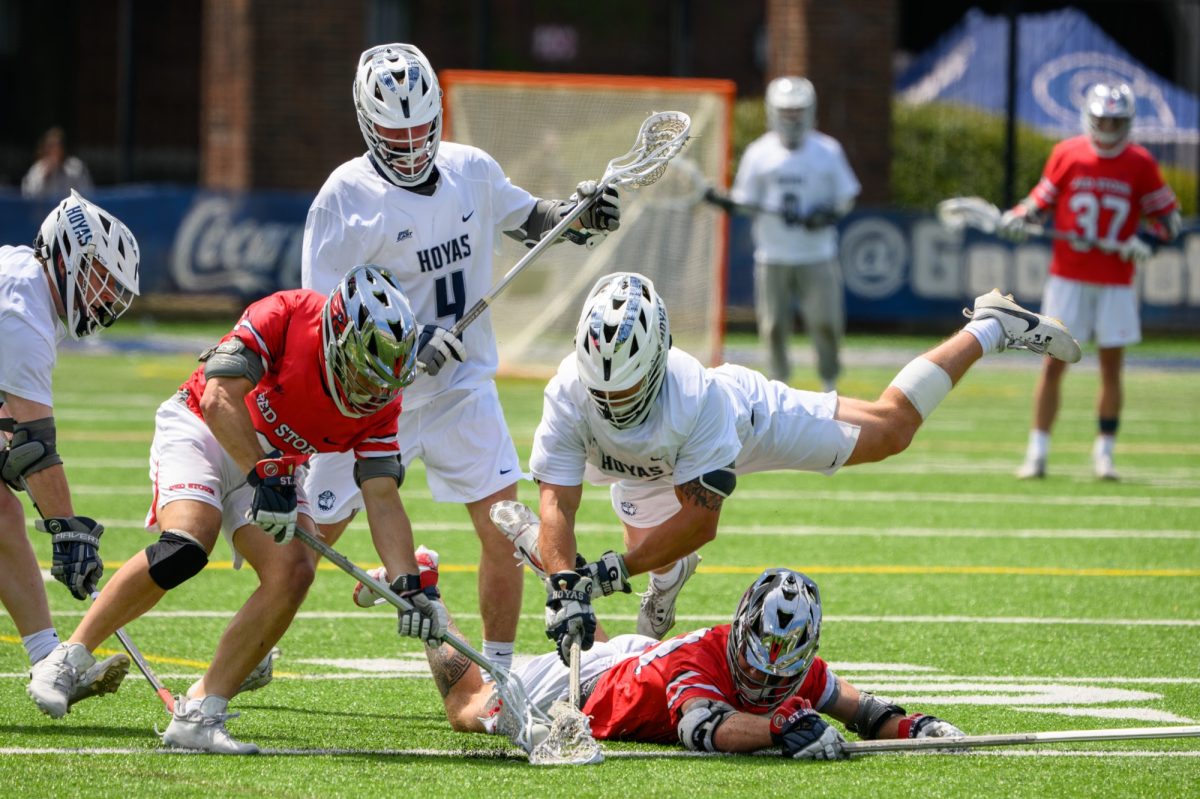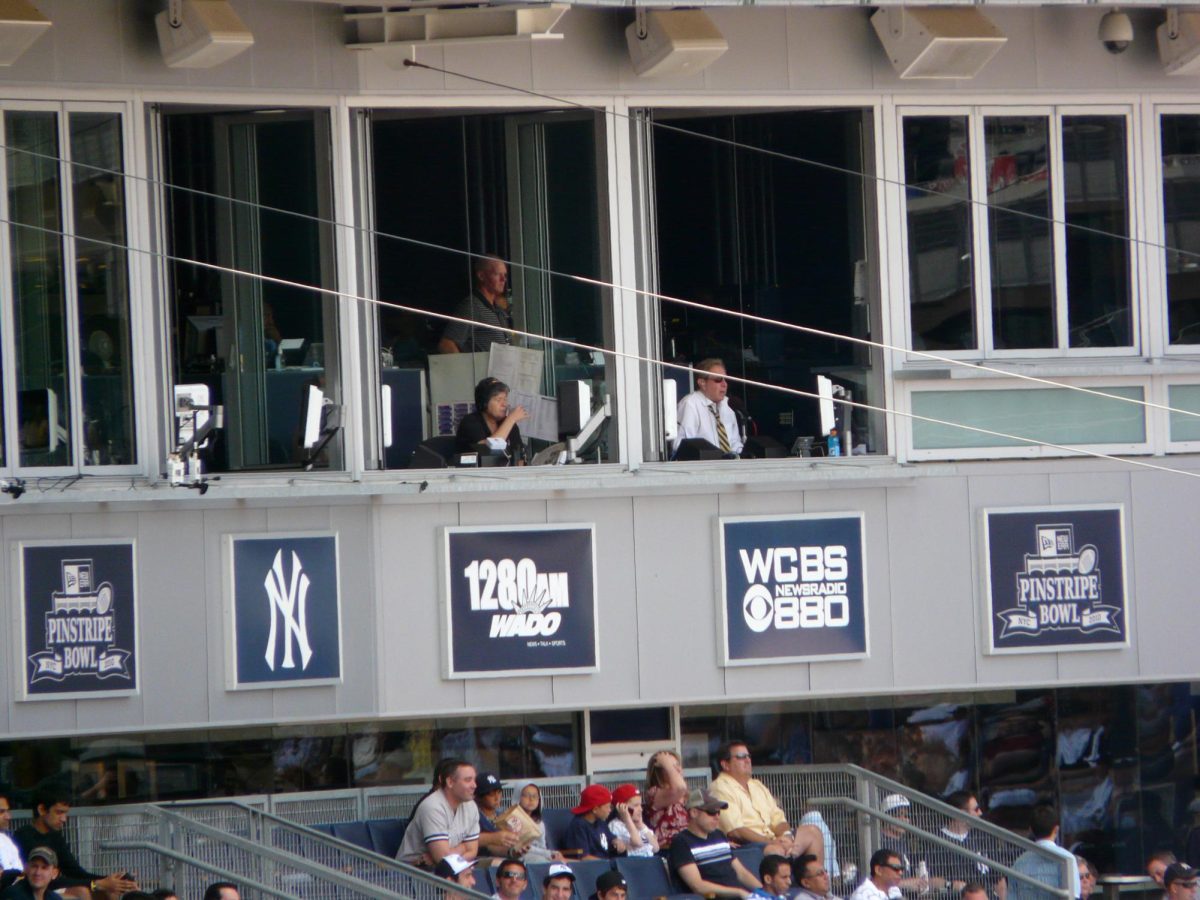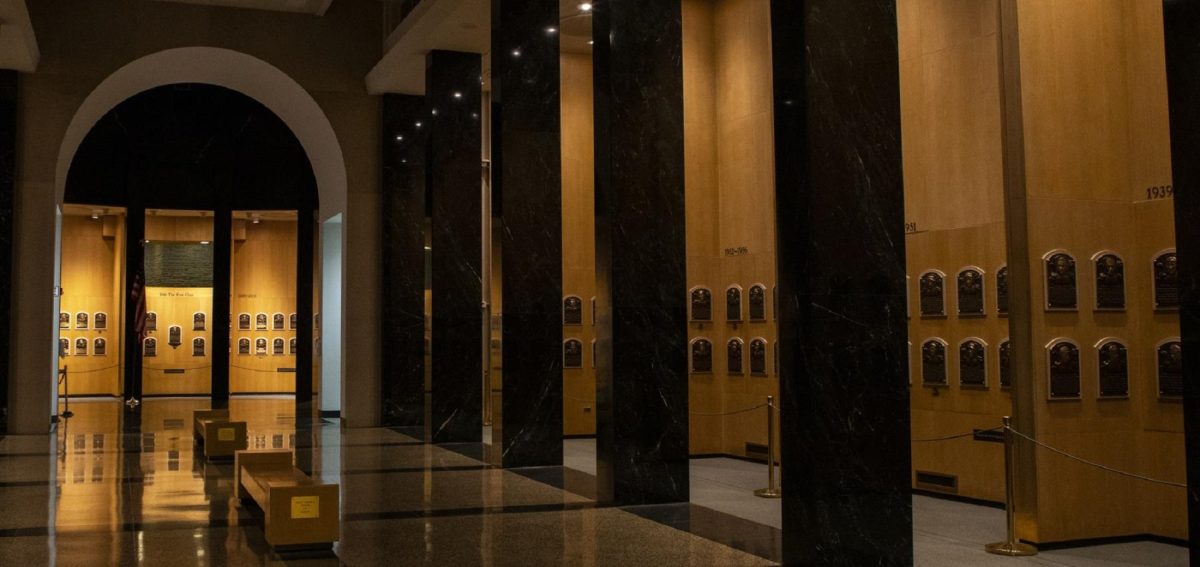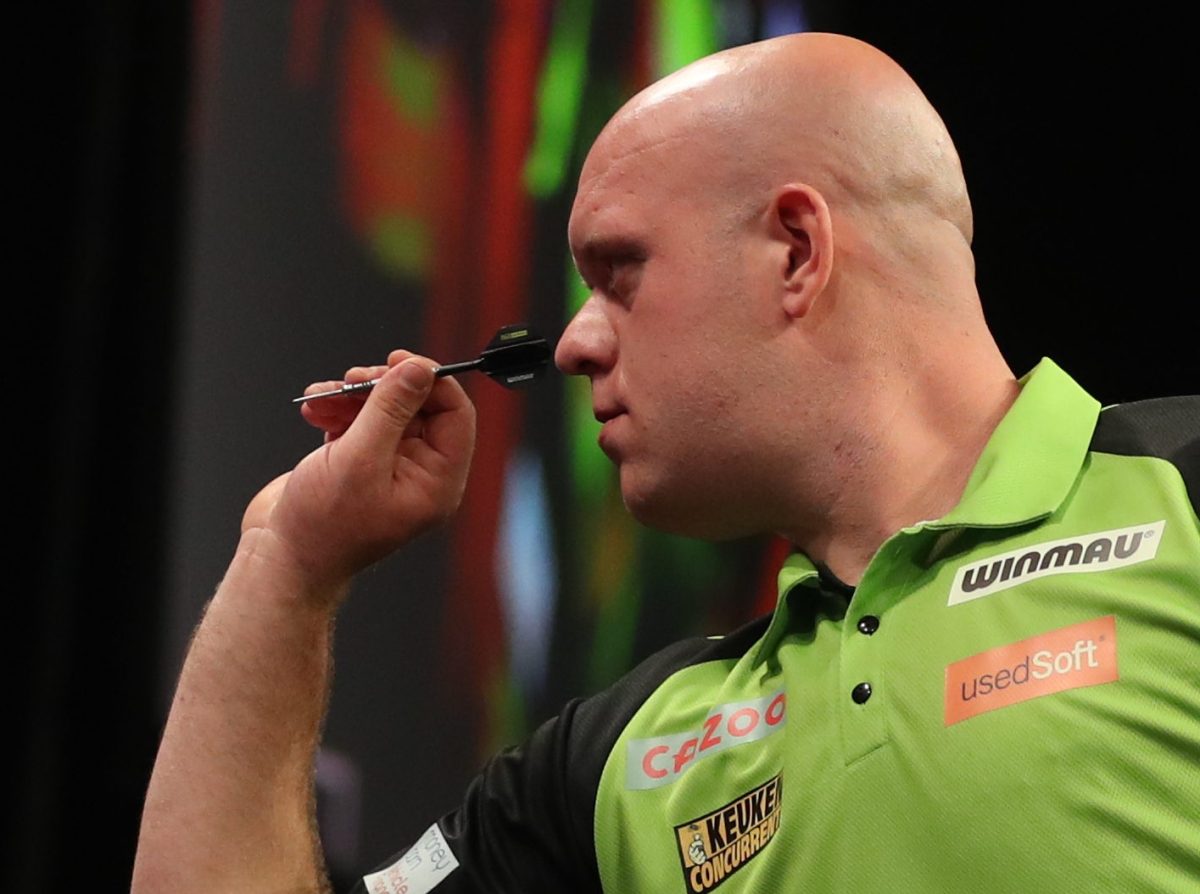For many fans and followers of the NBA, the oft-heard mantra “trust the process” is more of a joke than anything else. For the Philadelphia 76ers and their fans, it is a sales pitch offered by the organization asking for patience now and promising prosperity later. Gone are the days of Allen Iverson and Doctor Julius Erving, who defined an era of basketball and made the 76ers consistent contenders. Gone, too, are the days and presence of the man who made them champions: Moses Malone, who passed away last Sunday at the age of 60.
After being traded from the Houston Rockets to Philadelphia in 1982, Malone united with Julius Irving and put together one of the finest seasons the league had ever seen. The 1982-83 Sixers won a league-best 65 games and were so talented that Malone openly predicted that the Sixers would sweep the entirety of the playoffs. Ultimately, the Sixers only lost one game in a truly dominating performance capped off by their four-game sweep of Kareem Abdul-Jabbar and Magic Johnson’s Los Angeles Lakers. After the game, Sixers coach Billy Cunningham easily pointed out why Philadelphia was able to avenge its loss from the previous season: Moses Malone.
Aptly nicknamed “Chairman of the Boards” for his ferocious and unparalleled ability to rebound the ball — especially on the offensive glass — Malone led the NBA in rebounding six times, once holding the lead for a record-breaking five consecutive years from 1981-85. Before there were big men like Charles Barkley, Karl Malone, Dennis Rodman and Patrick Ewing to control the glass and dominate the low post, there was Moses Malone. A 12-time NBA All-Star selection and a three-time MVP, Moses was one of the most dominant and acclaimed centers in NBA history. The numbers back up this claim. For an entire decade, Malone averaged over 20 points and 10 rebounds a game. For comparison, only three players accomplished that feat this season, and not a single player managed it in 2013-14.
Simply put, Moses Malone and what he represents are part of basketball’s past. Success does not require a dominant center or even a consistent presence of a big man on the court. The reigning NBA champion, the Golden State Warriors, showed the world that small ball can succeed in tremendous fashion. Smaller players are generally faster, which translates into better spacing, faster ball movement and more open and efficient shots.
Today’s emphasis on detailed and precise statistics has only decreased the desire for teams to employ a consistent center. Statistically, it is inefficient for teams to throw the ball down low to a big man and let him try to score with his back to the basket. The time it takes for this play to develop is better served by continuously moving the ball from one player to another while others on the floor move to create more space. The constant movement of both the players and the ball is the most effective way for teams to generate open shots, better than relying on a center’s post-up moves on the block.
Malone also excelled in another area that is partially causing big men to fall further out of favor — free throws. In the prime of his career during the early and mid-1980s, Malone led the NBA in free throws attempted in five out of six seasons. Unlike today’s prominent stars who play center, such as the Los Angeles Clippers’ DeAndre Jordan, Moses was skilled at hitting free throws. For his career, Moses was a 76 percent free throw shooter, while Jordan failed to eclipse 40 percent last season. Though today’s best centers shoot 84 percent from the stripe, they attempt far fewer free throws than Moses did in his day. While fewer touches equate to fewer free throw opportunities, there is no doubt that Malone was one of the most well-rounded players of his day and boasted the capability to punish teams in a variety of ways.
In a world of constant rebuilding, the consistency and stability of players like Moses Malone are sorely missed. As someone who was a nine-time leader in offensive rebounds and one of the few players in league history to average , Moses was and remains one of the league’s most dominant and versatile players in history. While his death was tragic and unexpected, his legacy is lasting and his impact on the game has been permanent; he will always be able to live through the position he helped to perfect and define.
Michael Ippolito is a junior in the College. The Water Cooler appears every Friday.






















